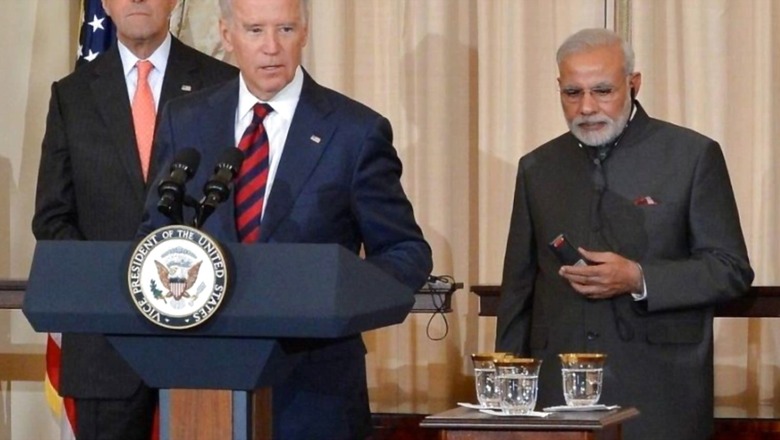
views
As Prime Minister Narendra Modi gears up to attend the first-ever in-person Quad summit hosted by US President Joe Biden on September 24 with his Australian and Japanese counterparts, one issue that is sure to come up for discussion is the Covid-19 pandemic and the world’s response to it in the form of faster and more accessible vaccination.
In March, President Biden hosted the first-ever summit of the Quad leaders in the virtual format that vowed to strive for an Indo-Pacific region that is free, open, inclusive, anchored by democratic values, and unconstrained by coercion, sending a subtle message to China. This time around, as the pandemic ravages the world, the focus will be on mitigating risks.
As part of the effort, it is expected that the United States will subtly but surely try and convince India to restart vaccine exports. According to Axios, the Biden administration plans to offer a higher-profile role for PM Modi at an upcoming Covid-19 global summit in New York if he agrees to release vaccines soon.
The background
India is the world’s biggest vaccine maker. In March, PM Modi halted exports of the AstraZeneca vaccine — one of the cheapest on the market — as the virus wreaked havoc in India. The country saw mass deaths and destruction as a ruthless second wave broke the back of India’s creaking health infrastructure.
For America, vaccinating as much of the developing world, as quickly as possible, is crucial because the uncontrolled spread of the virus inevitably produces more dangerous variants.
A senior Biden administration official was quoted as telling Reuters that the US is communicating regularly with India in bilateral and multilateral channels to discuss the supply of Covid-19 vaccines and inquire about its timeline for restarting vaccine exports.
What is India’s stand?
The Narendra Modi-led government had been criticised for ‘giving away’ 60 million precious vaccines even as India had supply issues of its own for domestic use. Sources now indicate to CNN-News18 that the resumption of this supply from India, mainly SII-produced Covishield, will resume only after the country completes its domestic vaccination target of complete adult immunisation by end of 2021.
A person in the know of the process said: “India has to focus on its home needs first. While there is pressure from COVAX, India will likely resume this supply only after its domestic needs of two jabs for each adult is complete. India did suffer in the second wave, and the world understands that.”
Us not free from blame
The US itself effectively banned its own vaccine exports for months until it had enough supply for all Americans. It has also reserved hundreds of millions of doses for boosters, much to the chagrin of the WHO, which has repeatedly asked countries to give poorer nations the chance to inoculate more of their populations with first doses.
More than 5 billion Covid vaccine shots have been administered globally, with 75% of them administered in just 10 countries, according to the WHO.
What is the way forward?
In internal meetings, high-ranking Biden officials decided to take a soft approach to PM Modi, Axios reported. Biden aides decided against trying to strong-arm Modi by conditioning his participation on his willingness to release vaccines to COVAX. He’ll be welcomed regardless of his decision, according to one of the sources.
Officials want countries participating in the summit to pledge that COVAX should be the main vehicle to distribute vaccines. Team Biden’s goal is to convince wealthier countries to donate — and not sell — any surplus supplies, Axios said.
The turbulent india-us vaccine relationship
In early April 2021, US Secretary of State, Antony Blinken, appointed Gayle Smith, an ex-administrator of USAID, to head up the administration’s vaccine-diplomacy efforts. Biden also announced the Quad Vaccine Partnership, which aimed to finance, manufacture, and deliver one billion vaccines for the Indo-Pacific region by the end of 2022. The production was to be centred in India.
However, things got a little tense soon, as it came to light that Unites States was not willing to lift the embargo on the export of vaccine raw materials.
The press questioned Ned Price, the spokesperson for the US Department of State, about US export restrictions to which he replied that the administration has a special responsibility to the American people who have “been hit harder than any other country around the world … It is not only in our interest to see Americans vaccinated; it’s in the interests of the rest of the world to see Americans vaccinated.”
While murmurs of criticism had started after SII’s Adar Poonawala questioned the embargo, this comment by Ned Price did not go down well with the public, and the United States faced vehement flake for its policy of not sharing vaccine raw material.
Read all the Latest News , Breaking News and Ukraine-Russia War Live Updates here.










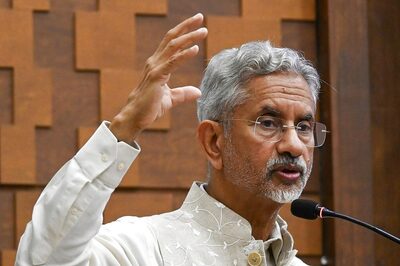
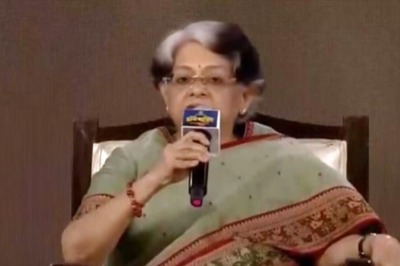
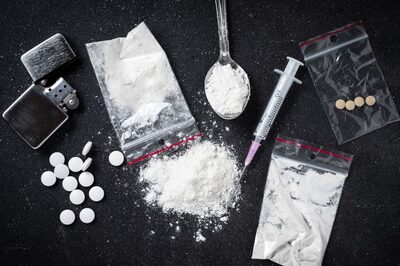

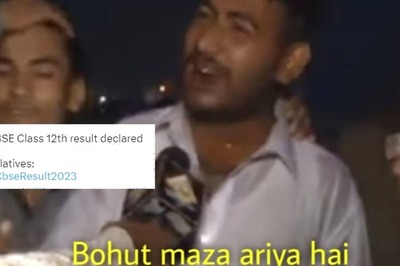
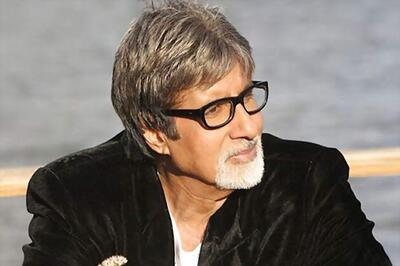


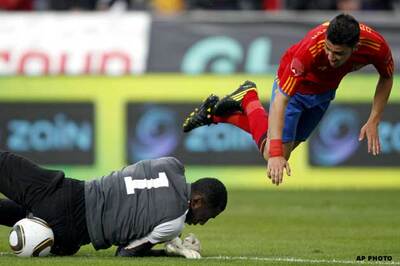
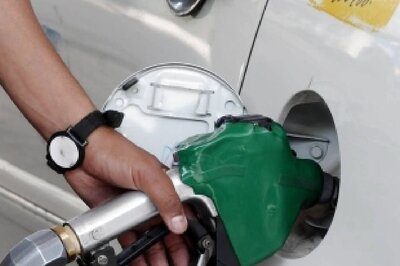
Comments
0 comment